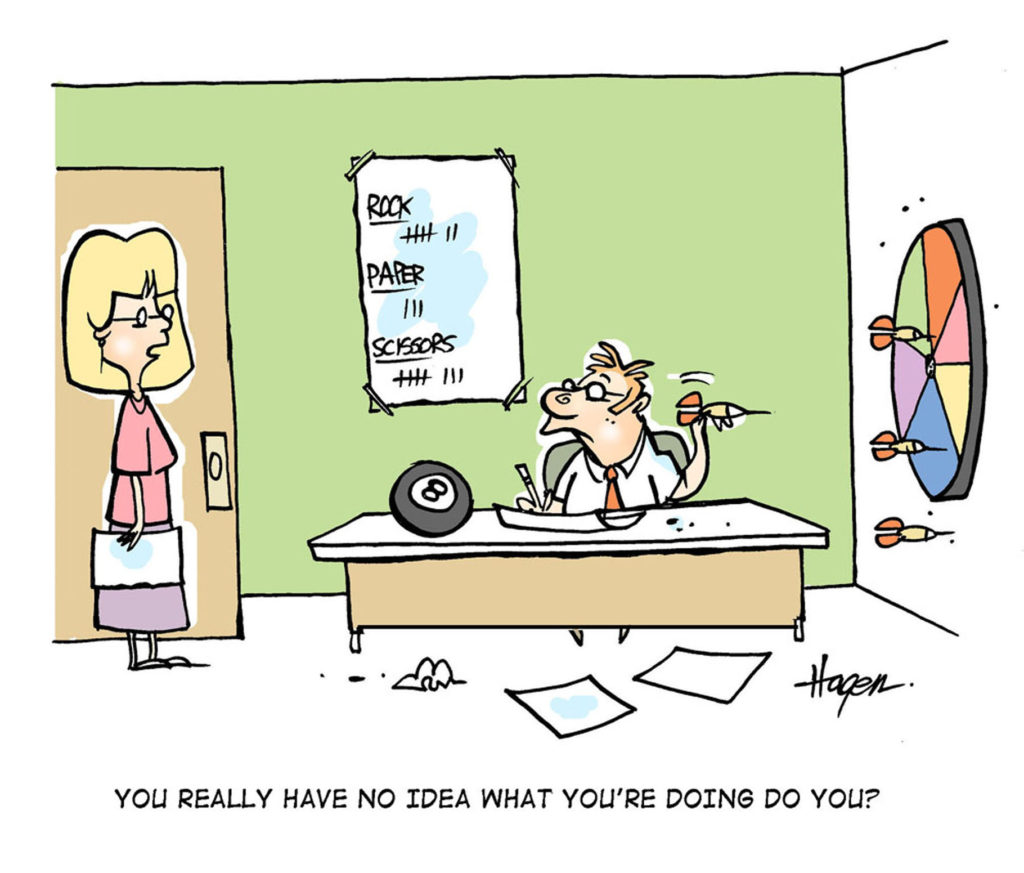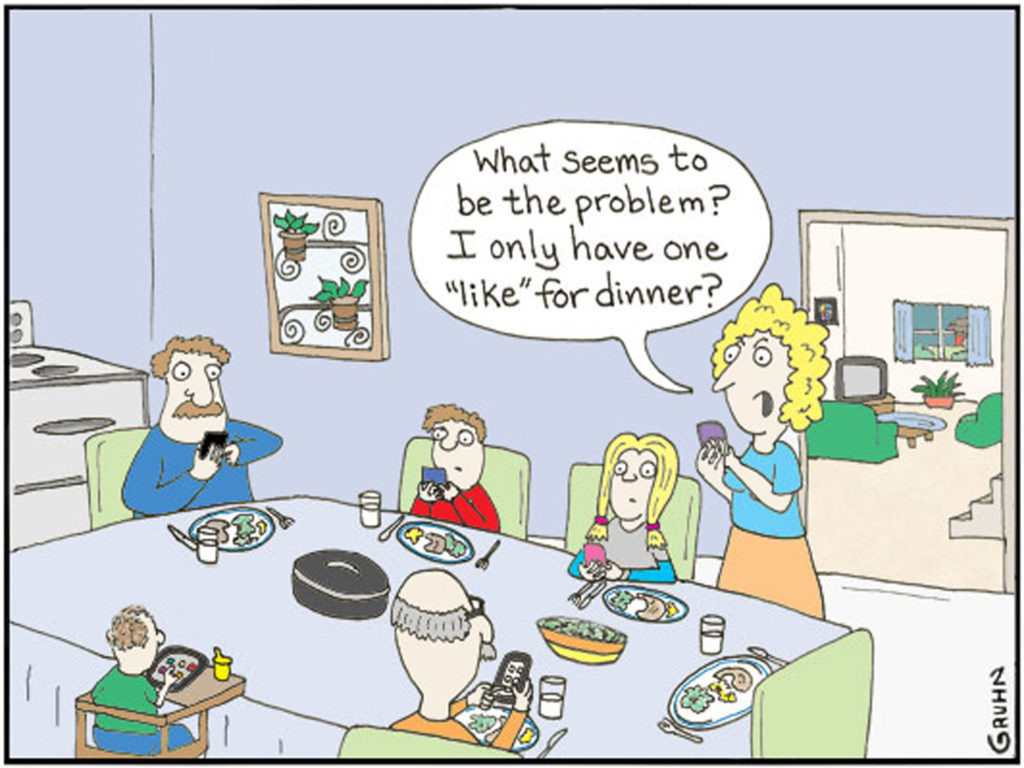 A major part of the human experience is the search for both individuality and community.
A major part of the human experience is the search for both individuality and community.
These two aspirations may seem to be polar opposites, but they are complementary, even interdependent. Until I know who I am and accept myself for who I am, I will have difficulty knowing how I fit into community.
Pursue individuality
You are unique. Nuanced. There is no one on earth like you.
I’ve coined a term to describe this distinction—your Signature Soulprint.
The term is a slight variation of a familiar word—fingerprint. Our fingerprints are used to determine and affirm our unique identity. There are 14 billion+ index fingers in the world, but yours is distinct; one square inch of flesh distinguishes you from all other humans.
If you are that unique physically, imagine the complexity of your soul. Hence the term Signature Soulprint.
It’s difficult to live authentically if you don’t know who you are. That sounds almost too obvious but, sadly, many people never develop a clear, accurate understanding of themselves, so authenticity eludes them. Knowing who you are and accepting who you are brings peace and contentment and will help you live a fulfilling and effective life.
“Know thyself” was the inscription over the Oracle at Delphi. It was, and is, good advice.
I’ve just published a book that will help you discover who you are and the unique way that you have been created. Click here for information about the book, Signature Soulprint.
Pursue community
We were created to relate intimately with other people. A “Lone Ranger” mentality might have worked for the masked man but it doesn’t work in real life. Simon and Garfunkel had it all wrong when they sang: “I am a rock. I am an island. And a rock feels no pain and an island never cries.”
Take the initiative to develop a social environment in which you are relating intimately to others. Develop a group of friends who care for one another and meet each other’s needs. Establish relationships that are mutually beneficial.
The nuclear family is our first experience of community in life: our mother, father, siblings, and extended family should create a safe and fulfilling social environment. But sometimes families are dysfunctional and cause more pain than comfort. So develop friendships that meet your need for intimacy. You had no choice as to who your family members are, but you can choose your friends.
Becoming aware of self
When a word begins with the prefix “self”, you usually want to avoid exhibiting the behavior it describes. Don’t be self-fish, self-centered, self-reverential, self-absorbed, or self-serving. But there is one “self-word” that you must vigorously and continually pursue—be self-aware.
First, you need to discover who you are and how you are unique among all the humans who have ever lived. Then you need to be mindful of how your self relates to other people. How should you act in any given context? How should the real you interact with others?
Discovering your Signature Soulprint will be a continuous, lifelong process. You are so complex and there are so many subtle nuances to consider, it will take the rest of your life for you to gain clarity.
Establish your individuality and live in community with others. Sadly, many people never achieve either of these aspirations and fewer still master both.
[reminder]What are your thoughts about this essay?[/reminder]
[callout]Click here for more information about the June 21-22 Lead Well workshop.[/callout]

 In his must-read book, What Intelligence Tests Miss, Keith Stanovich shares this insightful information.
In his must-read book, What Intelligence Tests Miss, Keith Stanovich shares this insightful information. Friends and good manners will carry you where money won’t go. Margaret Walker
Friends and good manners will carry you where money won’t go. Margaret Walker Sobremesa – (n) the time spent around the table after lunch or dinner, talking to the people you shared the meal with; time to digest and savor both food and friendship.
Sobremesa – (n) the time spent around the table after lunch or dinner, talking to the people you shared the meal with; time to digest and savor both food and friendship.